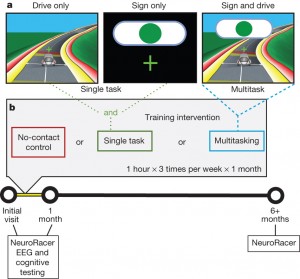Noted game designer and scholar Eric Zimmerman published a manifesto on the future of culture. Keeping in step with the content, the article was published on Kotaku, a videogame blog, rather than an academic journal. The document, “Manifesto: The 21st Century Will Be Defined By Games,” is a preview to his forthcoming book from MIT Press entitled “The Gameful World.” Zimmerman postulates that the 21st century will be defined by games in what he calls the Ludic Century. He indicates that games are as ancient as culture itself, but digital technology gives games a new role in gating the control of information.
…digital technology gives games a new role in gating the control of information.
Whereas the 20th century was marked by increasing access to information, the Ludic Century will be marked by an interactive relationship to information. Digital designers and media mavens will play a new role, inviting users to play with information in an unprecedented way. There will also be a democratization of digital experiences similar to that of other industries. Game design will cross all boundaries of art, science, education, and media. Zimmerman states that games are complex systems that might allow us to understand, synthesize, and digest other more complex systems.
The CUNY Games Network is excited to have Eric Zimmerman participating as a featured panelist at the CUNY Games Fest conference in 2014.







You must be logged in to post a comment.